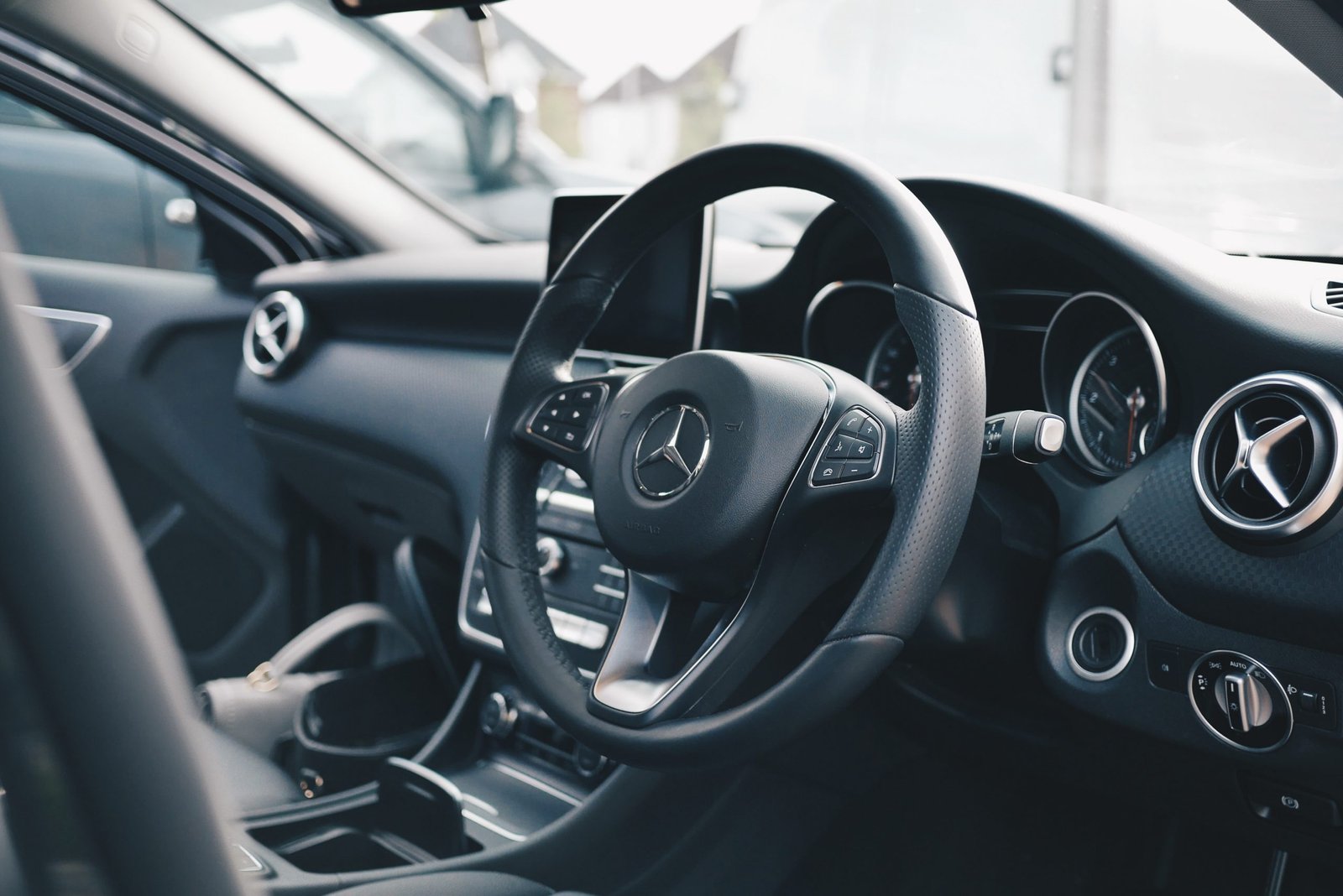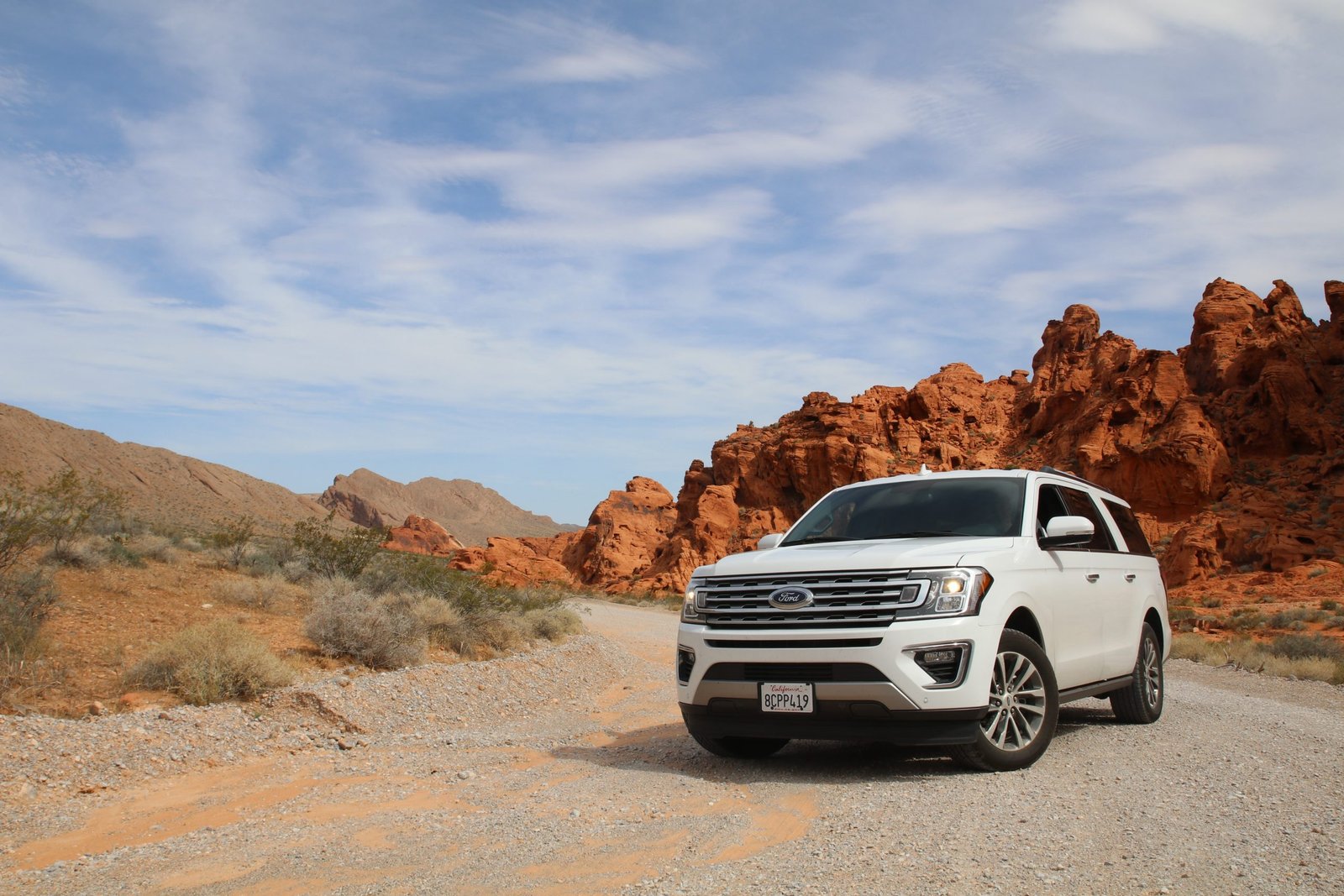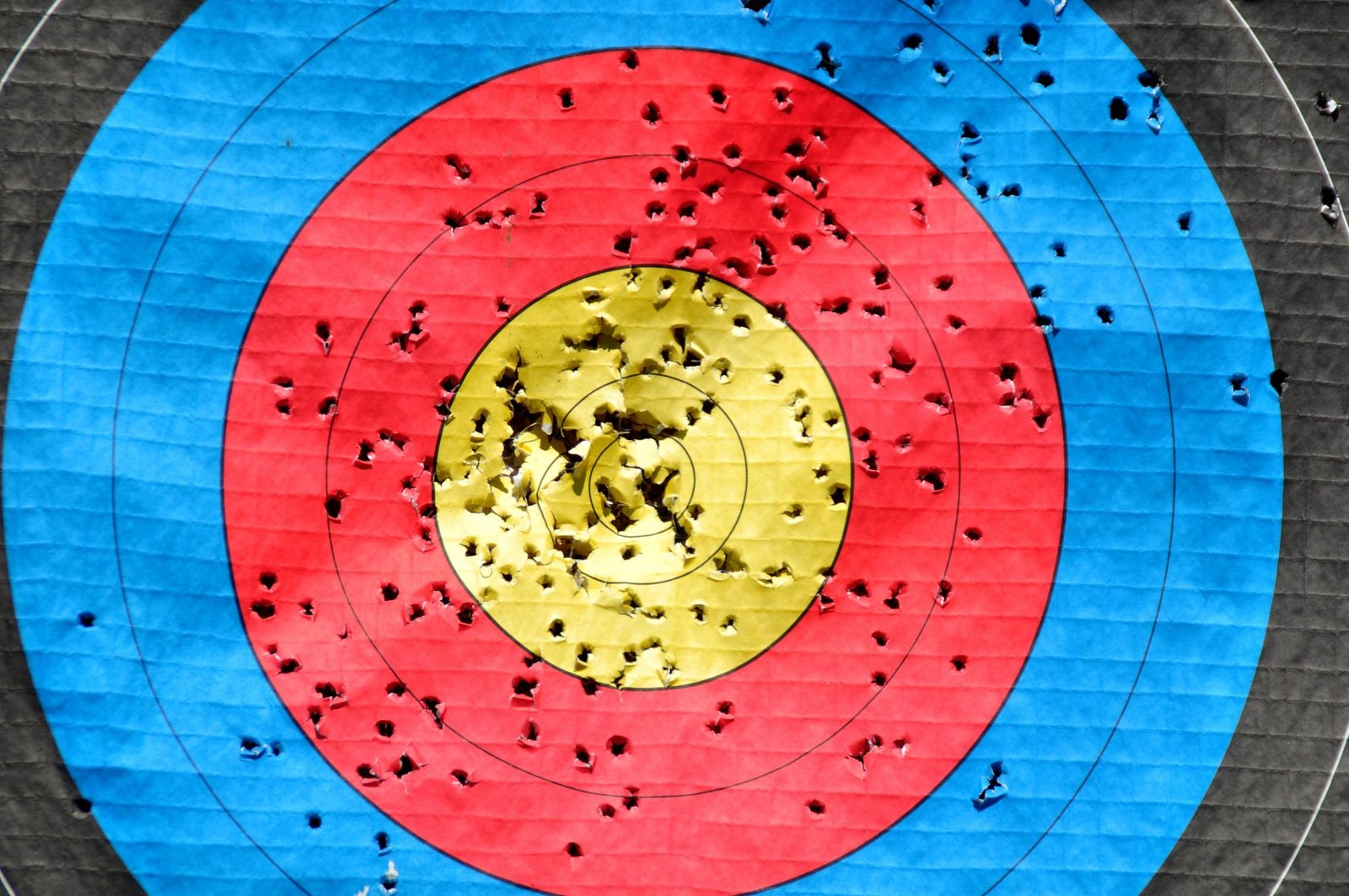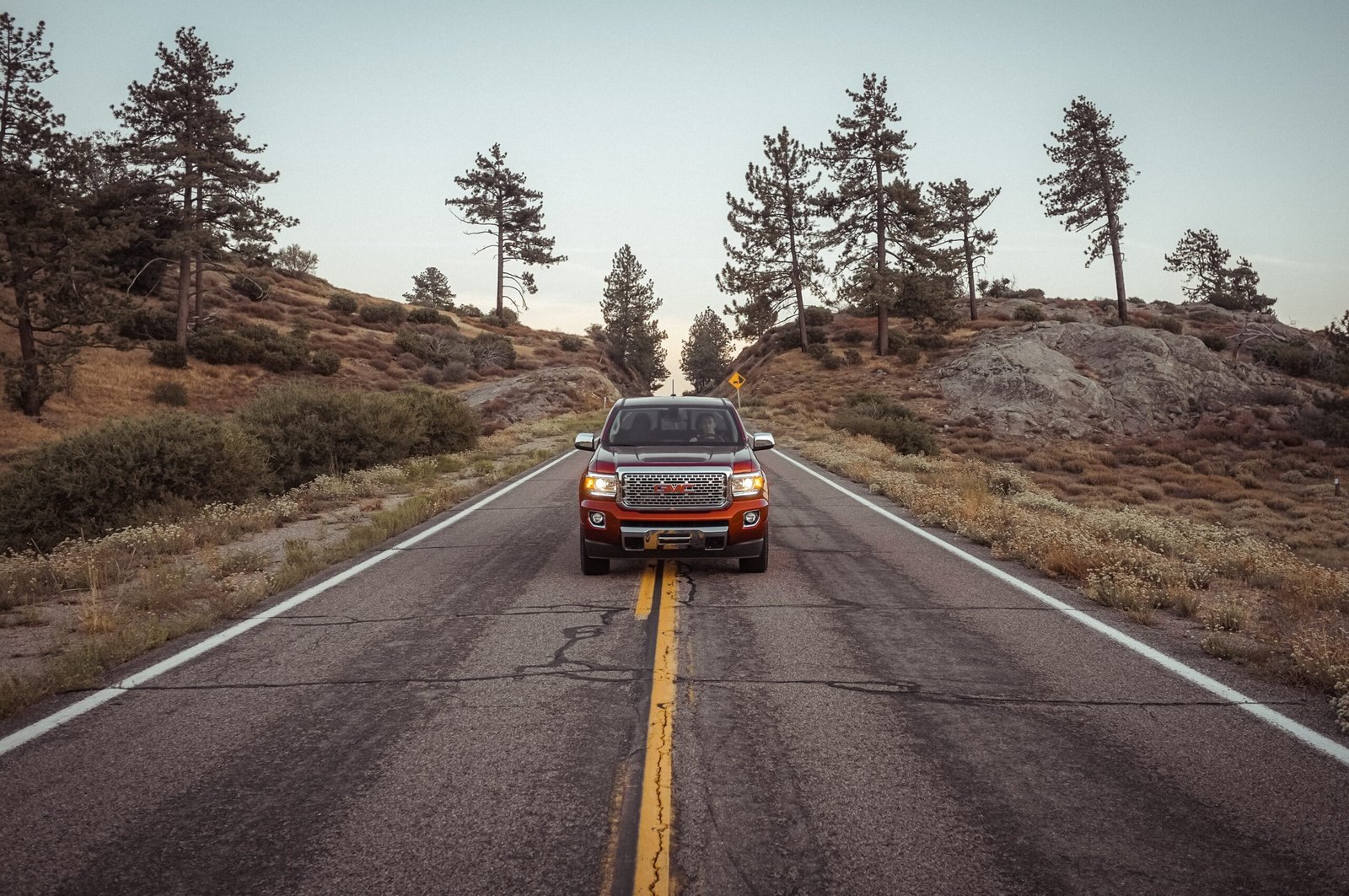Buying a car is not a straightforward task.
It involves a big sum of money and time, especially for those who are particular about what they drive.
https://www.youtube.com/watch?v=I4ArgsnpYCw
If you are currently on the market for a car and can’t decide whether you want a new or a used car, you have come to the right place. Today, this guide will talk you through the process of buying a new or used car, the pros and cons of each, and what is the better option. Although new cars sound great and fancy, they may not be ideal for those looking for something affordable.
Second-hand cars may not be your dream car, but they are budget-friendly. There are advantages and disadvantages of both; here’s more.
What’s the real difference between purchasing a new and used car?
Although the difference between a new and used car may sound obvious, there is more to it than you think. A new car is one with no miles, brand new out of the garage like Beaver County DCJR, that has never been driven, touched, or tested. Of course, the make and model of the car will have been tested to check its performance and verify its abilities. But, each individual car (from most brands) will be brand-new and never touched.
As soon as you drive the car out of the garage, it will depreciate in price because it has been driven, increased in mileage, and is no longer unused. As a quick rule of thumb, a car will lose between 15% and 20% of its value each year. A car in its second year will be worth 80% to 85% of its first-year value and a car in its third year will be worth 80% to 85% of its second-year value.

A second-hand car is more complex to purchase as it involves more tests and checks. For example, you will want to make sure it has a good service history. You will also want to make sure it has a lot of miles left and has never been stolen, in a severe accident, or suffering any issues.
The main difference is its condition and history. Most cars depreciate in price, whether they are new or used.
Advantages of buying a new car
A new car is more likely to have the latest technology, which equals better gas mileage and lower emission. You are also getting the advantage of the latest safety features available. It is also great if you are a gadget junky. Many new cars offer drivers convenience and infotainment options in each model update.
Reliability is another major plus for new cars. You know exactly where the car came from, and you don’t have to worry that it wasn’t properly taken care of in the past. Brakes, tires, and other parts are also in the absolute best condition. Barring recalls you should expect to have no major repair work for the first few years you own the car. This will save you money as well as removing any concerns about having to figure out transportation options when your car is in the shop. The biggest advantage is that a new car will come along with a warranty.
Disadvantages of buying a new car
The biggest disadvantage of buying a new car is depreciation. As mentioned, new cars lose value as soon as they leave the garage. It cannot be helped. It is especially a disadvantage if you are loaning the car, as opposed to paying upfront for the full amount. Due to a steep drop in the car’s value, you could be underwater or upside down on your car loan. This means that the loan is more than the value of the car. It isn’t a major concern unless you end up in a situation where you need to sell the car, or you have an accident where the car is totaled. In these scenarios, you end up owing money to the lender without any sort of asset to offset the remaining amount.
Advantages of buying a used car
When buying a used car, you will often pay less money for the make and model. You will be paying less at its been used and not brand new. However, the car may be in very good condition so you will be making the most of your money. The insurance is often lower for used cars too, due to the insurance company knowing they are reliable and have a good history. Depending on how well the particular make/model retains volume, you may be able to resell the car for almost as much if not more than you paid it; assuming you get a good deal in the first place. The lower purchase price makes it much more attainable to save up and pay cash for your car. This is so much better financially since you are avoiding paying all of the interest fees. Don’t worry if you don’t have a car factory warranty, just consider extended warranty options. Here on CarBibles you can see the pros and cons of an extended vehicle warranty and make the right choice.

Disadvantages of buying a used car
The main disadvantage of buying a used car is that you may never know the full extent of its history. Some owners may lie just to sell the car. You can somewhat overcome this drawback by buying a certified pre-owned car or having a trusted mechanic inspect it prior to purchase. Even if you buy a car in perfect condition, the fact is that older cars require more maintenance work. Parts eventually wear out and have to be replaced driving up the total cost of ownership. You may not also get the latest tech or functions as you would in a used car, but that’s why a new car costs a lot more.
So, what option is better?
The better option all boils down to your preference and budget. If you can afford the cost of a new car, its insurance, and don’t mind it depreciating in price, that might be your best bet. But, if you are on a budget and want more for your money, then a used car may be the best option. You can often purchase used cars that are in great condition, with a low mileage, and excellent history. If you can find a used car like this, it will be a worthwhile purchase.






